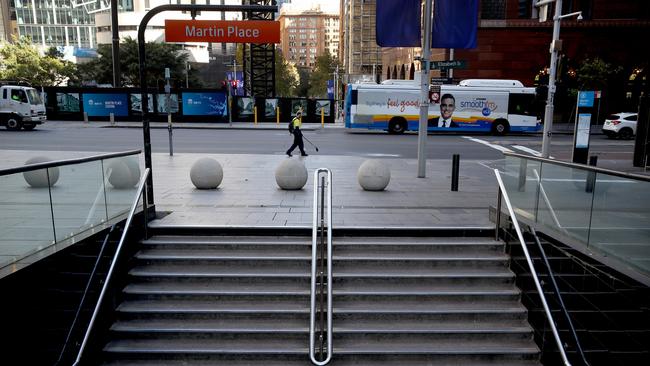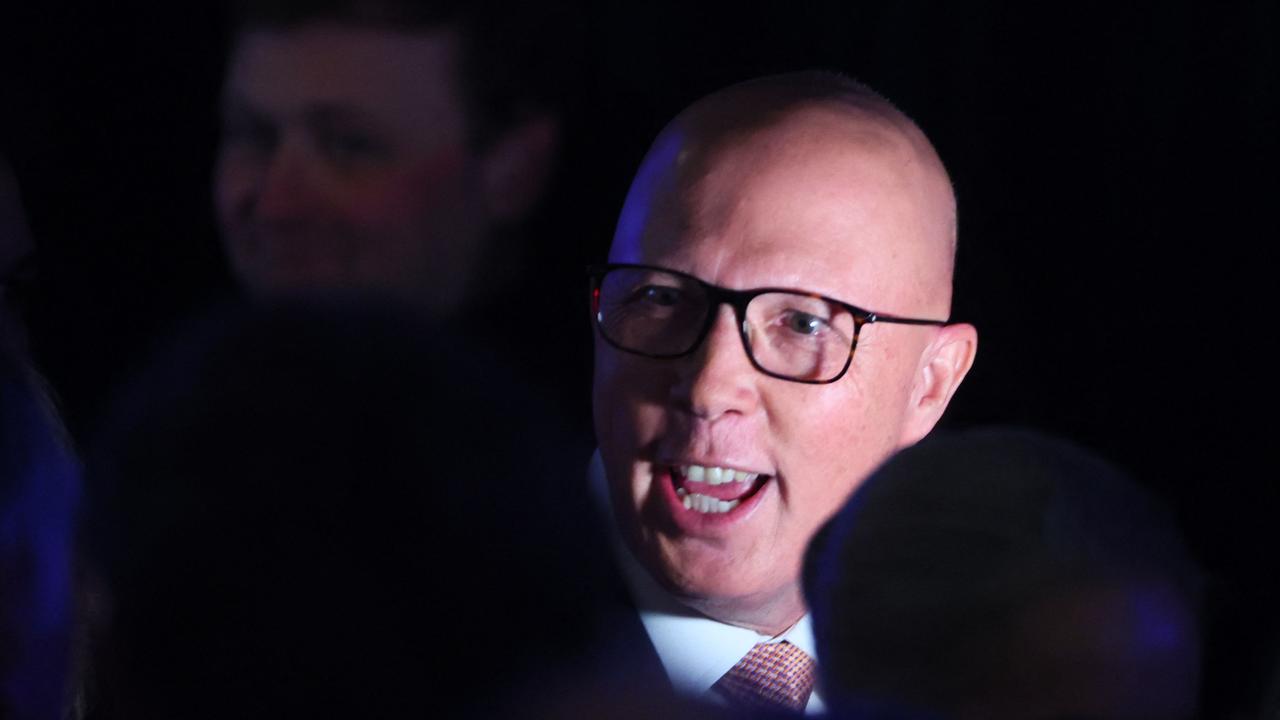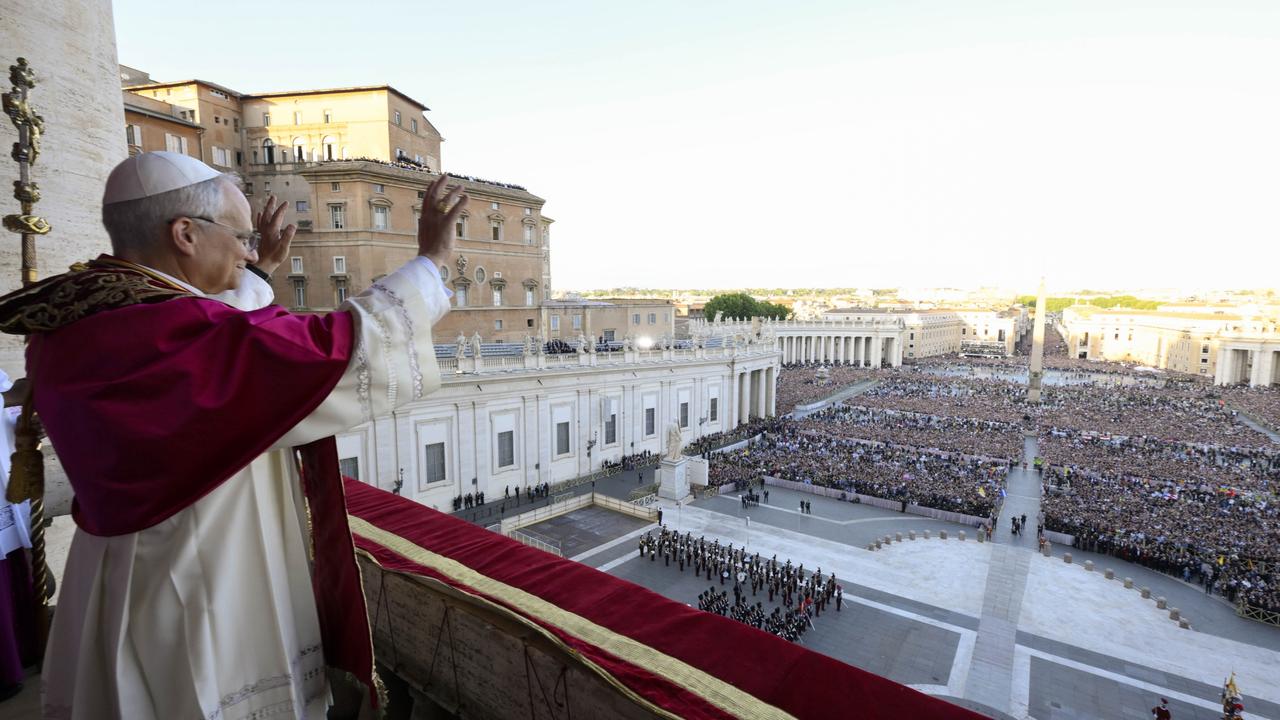Coronavirus: Send us your huddled wealthy masses
Australia is now a proven haven, a fortress from disease — and this has an enormous commercial value.

Of course, the government is already in his toilet, albeit at the other end, sifting through and snooping over all his contributions. Granted, the National Wastewater Drug Monitoring Program, running for seven years now, doesn’t track back to identify individuals, such as my worried friend.
Still, without our consent, this program records and reports on data gathered in wastewater treatment plants regarding the consumption levels of alcohol and prescription and illicit drugs in different localities.
This could be considered a gross invasion of privacy but I have yet to hear anyone complain about it.
Here is the bad news for those resistant to the coronavirus tracing app: different scenarios are being war-gamed at the highest levels and the app may prove crucial in the future.
If it does, we will have it, by hook or by crook, because governments have a way of making things compulsory without making them compulsory — for example, think of your tax file number and whether you need to declare it.
Extraordinary circumstances require extraordinary responses and the virus is an incredible operator. If its origins do lie in nature, then it is difficult to imagine how anything more perfectly diabolical could ever be invented.
The virus is highly contagious, but stealth, in the form of asymptomatic transmission, is ultimately COVID-19’s secret power. This is how Bruce Gillingham, Surgeon-General of the US Navy, put it, as reported this month in The Philadelphia Inquirer.
Testing of all 4800 members of the USS Theodore Roosevelt, an aircraft carrier, had been carried out. More than 600 tested positive, yet 60 per cent of these showed no symptoms whatsoever.
Consider, too, recent events in Harbin, a city of 11 million people in northern China. Earlier this month a 22-year-old student returned from New York and went through a 14-day quarantine, symptom free. She had the virus, though, and went on to infect neighbours who then hosted a gathering and infected their guests.
One guest later had a stroke and was hospitalised. This event led to two hospital clusters and this week Harbin, with 70 people infected, has been locked down.
The point is this: this virus cannot be messed with. So, civil liberties are now seen as a luxury of the past and community support has swung behind the iron-fisted methods. Government insiders know this and, for us, they speak privately of three possible scenarios.
Scenario A is where the virus is eradicated within Australia and, as the recent number shows, there is a distinct possibility this could occur. Eradication is defined as no new cases occurring, with existing cases continuing with treatment, resulting in fatality or recovery.
In this scenario, travel would be permitted within the nation. Social distancing would not be required. Large gatherings, such as concerts, would be allowed.
If the virus were also eradicated within New Zealand then perhaps travel between the two countries might freely occur.
In scenario A, our borders would remain closed to international travellers, or open providing testing on entry occurred, along with a period of mandatory quarantine. Our immigration program could take up where it left off, with testing and quarantine.
Under scenario A, there is no need for the app.
Scenario B is where the virus is not entirely eradicated within Australia but is kept at low levels and managed within the health system without strain. In this scenario, the app becomes important, crucial even, for swift and accurate contact tracing.
Under this scenario, entry to pubs and restaurants, large gatherings and concerts, participation in travel and even employment — with the co-operation of employers — would depend on individuals downloading the app. Immigration and international travel also would depend on the app, with testing and quarantine.
Scenario C is where a vaccine is discovered. And if the vaccine weren’t made compulsory, then participation in our society would again depend on the app.
So in the absence of eradication, the app is on its way. Personally speaking, against my tendencies but given the times, I will download it. My concerns lie with economic repair and the type of country we need to build.
In this regard, the admiring eyes of the world are on us now because we have managed the virus extremely well. So whether we end up with scenario A, B or C, I hope the government can move its focus on to how to capitalise on our new status, and monetise it, to facilitate recovery.
A clue: Australia is now a proven haven, a fortress, where people can shelter from disease, and this has an enormous commercial value. Our desirability as a destination for permanent residence will by now have eclipsed the US and Britain. Like an exclusive club, we can set a high entry price and build a tax system to suit.
An immigration program for large numbers of high-asset individuals will seem unpalatable to some. However, our government has long relied on immigration to fuel growth and, given we find ourselves in reduced circumstances, it is difficult to see this pathway being resisted.



In a call this week, he was indignant that the coronavirus app would allow the government to discover all his secrets, including even how many times a day he visited the bathroom.